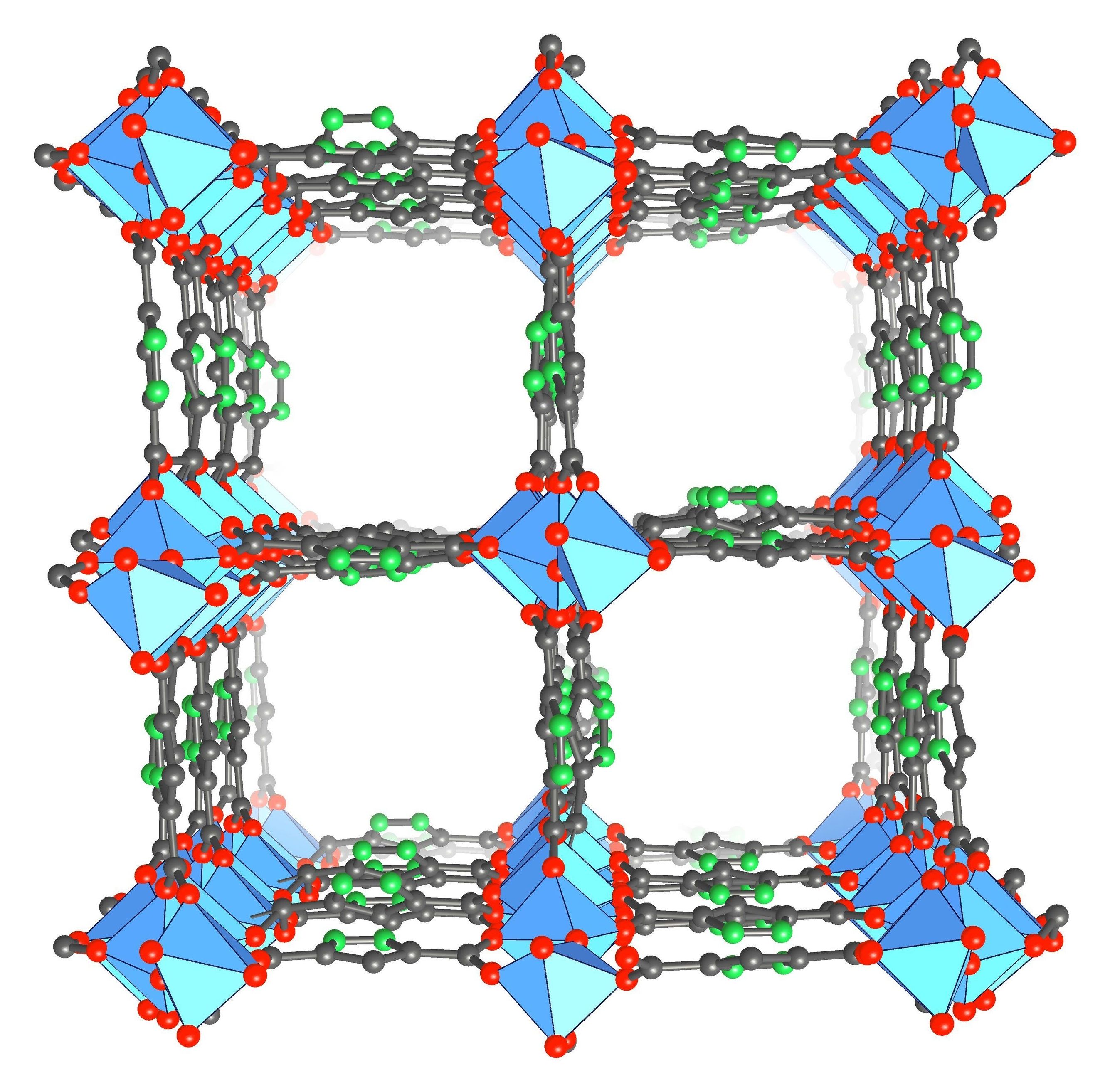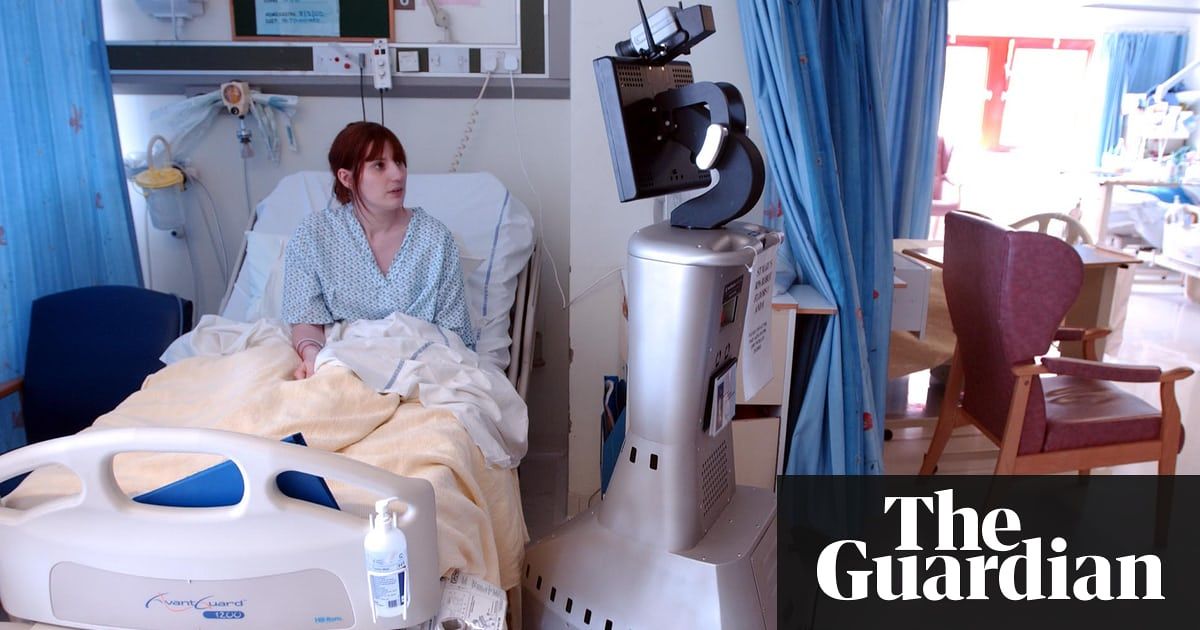I was going blind which is not a good thing when you need to see to run a growing nonprofit. Luckily, it is 2018 and technology is advancing at an exponential rate so I had some options. Following is my story which is relevant for many reasons including that we virtually all develop eye problems over time and the state of the art available is constantly changing.
MY STORY
I finally couldn’t read text at normal resolution on my 60″ monitor which is about 4 feet from my face (and normally at 1600×900 resolution to make the text bigger) so it was time to go to the optician again. The optician considerably upgraded my prescription to −17.25 diopters on my left eye and −12.25 diopters on my right eye but warned me that this might not improve my vision much due to the beginning of cataracts in my eyes. So unlike in the past where I bought my glasses from outside the country due to restrictions on being able to purchase thin lenses in the U.S. that were implemented during the Nixon administration, I ordered glasses locally so I could speed up the process.
I was unable to see well with the new glasses so it was time to visit an ophthalmologist that my optician recommended. The ophthalmologist had the following assessment:
Dry Eye Syndrome of Bilateral Lacrimal Glands
Combined Forms of Age-related Cataract, Bilateral
Lattice Degeneration of Retina, Bilateral
Other Vitreous Opacities, Right Eye
Hemorrhage in Optic Nerve Sheath, Right Eye
Myopia, Bilateral
There were parts of both eyes that should have retina but didn’t because the eyes were so stretched. (This isn’t affecting my vision.)
The lattice degeneration of the retina concerned my ophthalmologist so he then sent me to a retinologist where he expected the retinologist to operate on me before the ophthalmologist could operate. Luckily, the retinologist said he didn’t need to operate on me so I went from needing 4 surgeries to needing 2 surgeries.
For those who don’t know, cataract surgery replaces the broken biological lens of your eye with an artificial lens called an intraocular lens (IOL). This surgery usually uses a femtosecond laser.
Before my first surgery, the ophthalmologist’s assistants ran multiple tests on my eyes so they could determine what size lens would fit in them. This was tricky because my eyes are extra long (31 mm left and 30 mm right) and machines have a problem with eyes that long. A few days after my tests were done, the ophthalmologist’s office called me to say the doctor was unsatisfied with the tests so I was called in to have more tests done.
His best assistant redid many of the tests which included ultrasound with a liquid on my eyeballs and then did a new test which used ultrasound with a gel on my eyeballs. Finally the tests were done and the doctor was able to schedule the operations which included him having to order a special lens for my left eye that was only created by one manufacturer in the world due to my extreme prescription. The doctor ordered the lens in four different sizes so he could find the perfect fit once my old biological lens was removed.
To show how this procedure is not without risk, the doctor’s first comment after the left eye surgery was, “can you see through the eye?”. I could see quite well immediately and was able to see every pixel on my monitor within a day. It was crazy seeing for a while with one good eye and one bad eye as my extreme prescription in the bad eye made things smaller so I couldn’t line objects up between the two eyes. I often just closed my bad eye as a solution.
Three weeks later, my right eye went well also. Note that even though my right eye was much less nearsighted than my left eye, the doctor couldn’t get the astigmatism in my right eye fixed with a Toric IOL because they don’t make it for my prescription. Instead, he made incisions in my cornea during cataract surgery — a procedure called limbal relaxing incisions (LRI). The incisions were made with a laser, of course.
It is worth noting that I did some research before the operation and found many people had run into problems with this procedure, including one of our larger donors. So it is worth spending time to find some very experienced doctors before allowing them to work on your eyes. My ophthalmologist had done over 30,000 surgeries and my retinologist also had tons of experience. A poor surgery can usually not be fixed!








